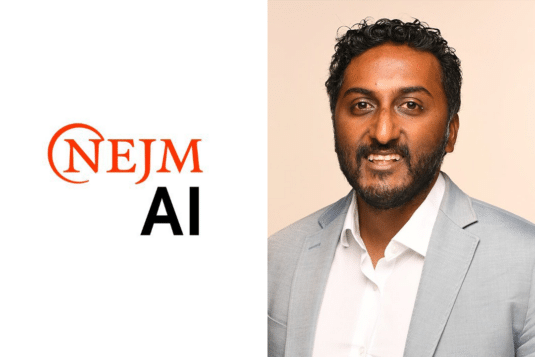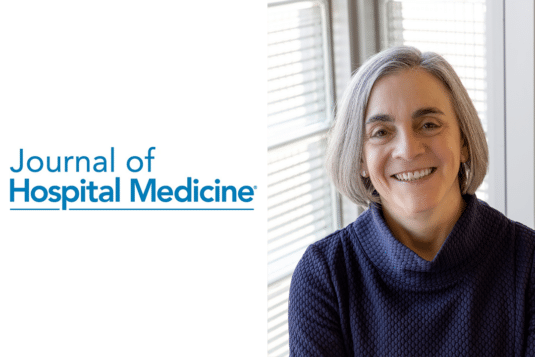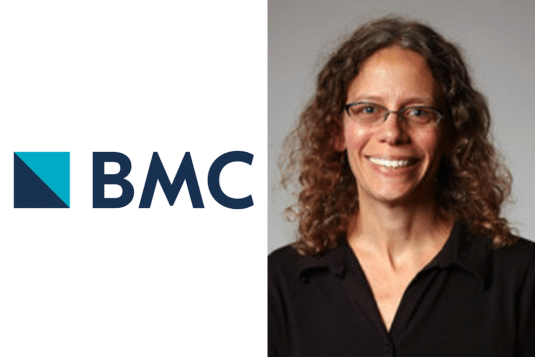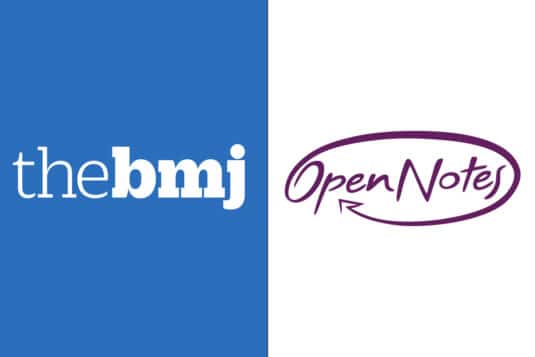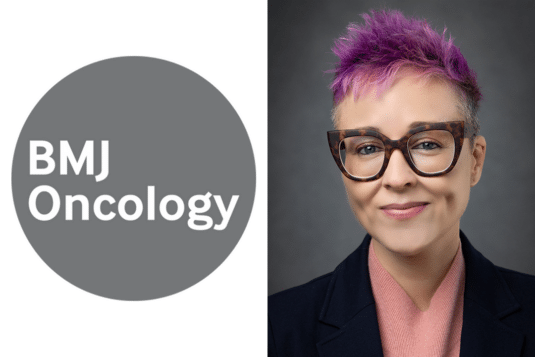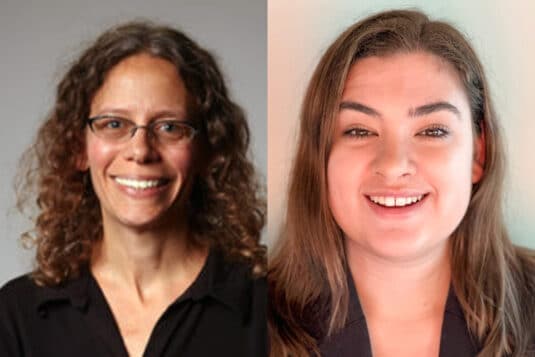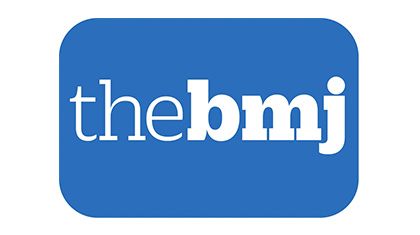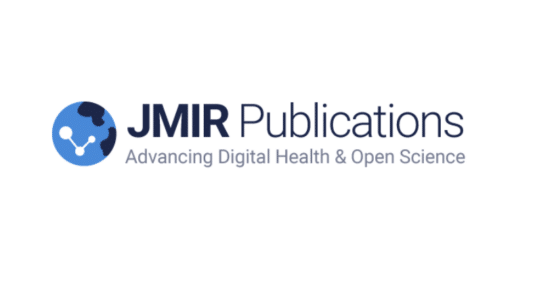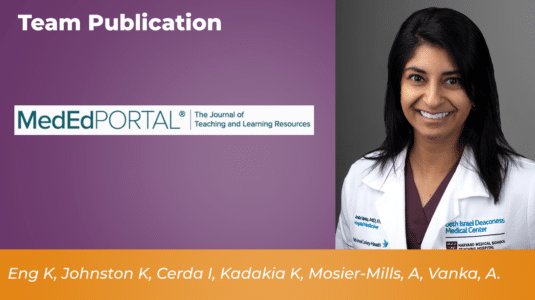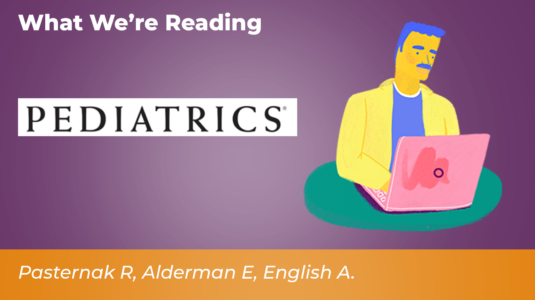This article presents an analysis of how artificial intelligence (AI)–generated medical responses are perceived and evaluated by nonexperts. The increased trust placed in inappropriate AI-generated medical advice can lead to misdiagnosis.
Health Policy
Hospitalized patient portal access in the post-information blocking rule era
This single-center, cross-sectional observational study highlights low patient portal utilization among hospitalized patients and disparities in access based on race/ethnicity, gender, age, and insurance status.
Users’ perspectives on a demonstration to increase shared access to older adults’ patient portals
As shared access uptake remains low, the Coalition for Care Partners, and three healthcare delivery organizations, co-designed an initiative promoting shared access to the patient portals of older adults.
Robert F Kennedy Jr’s proposal to remove public commentary from US health policy is a threat to science and public health
In a recent BMJ opinion, OpenNotes leaders warn that a proposal by U.S. health secretary Robert F. Kennedy Jr. to eliminate public comment in federal health policymaking threatens transparency, public trust, and democratic values.
Advancing cancer care through digital access in the USA: a state-of-the-art review of patient portals in oncology
Patient portal use among patients with cancer has increased significantly in recent years. This state-of-the-art review seeks to address and analyse literature involving patient portal use by patients with cancer and their care partners.
Shared access to adults’ patient portals: A secret shopper exercise
Our secret shopper exercise unveiled noteworthy variability in the experiences of 18 individuals attempting to grant or receive shared access to the patient portal, highlighting multiple barriers and facilitators to shared access. The findings underscore the imperative for cross- and intra-organizational collaboration aimed at learning from the diverse experiences of patients, care partners, clinicians, and staff, and disseminating best practices.
Patients need access to their medical records—now
Despite initial professional resistance and policy delays, countries like Denmark, Estonia, Sweden, and the US have demonstrated that the benefits of full record access outweigh the risks. Patients globally are calling for interactive, user-friendly portals to access and correct their medical records, emphasizing that this is crucial for self-care, particularly in the post-pandemic era where healthcare access has declined.
Patient portals fail to collect structured information about who else is involved in a person’s care
“Shared access” uses separate identity credentials to differentiate between patients and care partner portal users. EHR vendors must recognize that both patients and care partners are important users of their products and acknowledge and support the critical contributions of care partners as distinct from patients.
A patient-centered documentation skills curriculum for preclerkship medical students in an open notes era
We developed this session for first-year medical students within their foundational clinical skills course to place bias-free language at the forefront of how they learn to construct a medical note. While the longitudinal impact remains to be seen, it is clear patient-centered documentation skills should be an integral part of documentation education.
21st Century Cures Act ONC Rule: Implications for adolescent care and confidentiality protections
This article reviews the key aspects of confidentiality protections in adolescent health care, explains the ONC Rule, outlines clinical, HIT, and equity challenges associated with its implementation, encourages the development of policies protecting the confidentiality of adolescents’ EHI [ … ] and offers tools for analyzing key questions in individual cases and practical steps to address the confidentiality of EHI with patients and parents.
